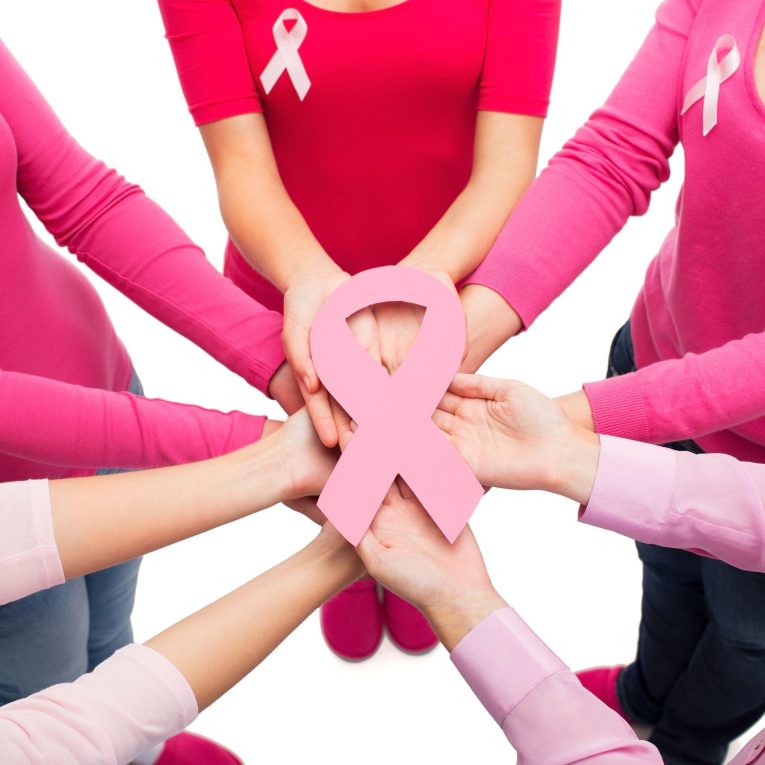Breast cancer is a pressing health concern in India, with statistics indicating a worrisome trend of increasing incidence over the years. It’s alarming to note that every 9th person in India is projected to face the risk of developing cancer in their lifetime, with breast cancer emerging as the most common malignancy among women globally.
The prevalence of breast cancer among Indian women has escalated significantly, making it the foremost cancer type, surpassing even cervical, ovarian, and uterine cancers. Women between their early 30s to 50s are particularly vulnerable, with the risk escalating until they reach 50-64 years of age.
Shockingly, the statistics reveal that 1 in 28 Indian women may encounter breast cancer during their lifetime, with urban areas bearing a higher burden compared to rural regions. The Global Cancer Observatory predicts that by 2030, the global burden of breast cancer cases might surpass 2 million.
In India, breast cancer accounts for a substantial proportion of all cancer cases and deaths, with a cumulative risk of 2.81. What’s more concerning is the shift towards younger age groups being affected, a trend not as prevalent in Western countries.
Survival rates vary significantly depending on the stage of breast cancer at diagnosis. It is important to get tested as soon as the breast cancer symptoms show up to facilitate early diagnosis and breast cancer treatment. While early-stage patients exhibit promising 5-year survival rates, those diagnosed at advanced stages face grim prospects, highlighting the critical importance of early detection and timely intervention.
Metropolitan cities like Mumbai, Delhi, and Bangalore report a disproportionately high incidence of breast cancer among female cancers, accentuating the urgent need for targeted awareness and intervention programs.
Regrettably, the survival rate for breast cancer patients in India lags behind Western standards due to earlier age at onset, late stage of disease at presentation, delayed initiation of definitive management, and inadequate/fragmented treatment. More than half of the women were observed to have a delay of more than 90 days in seeking care, contributing to poor outcomes.
Almost 50% of all cases are in the age group of 25-50, emphasizing the need for proactive screening and preventive measures. More than 70% of the cases present in the advanced stage had poor survival and high mortality, highlighting the importance of early detection and intervention.
Incidence and Mortality Rates: Breast cancer is the most common cancer among Indian females, with an age-adjusted rate as high as 25.8 per 100,000 women and a mortality rate of 12.7 per 100,000 women. In India, nearly 60% of Breast cancer cases are diagnosed at stage III or IV of the disease.
Most of the patients present to the healthcare facility only when there is a large palpable mass or secondary changes like local skin/chest wall changes are visible, indicating the need for improved awareness and early symptom recognition. Breast cancer treatment has a better chance of success when initiated early.
The age-adjusted incidence rate varies across regions, with Delhi having rates as high as 41 per 100,000 women, followed by Chennai, Bangalore, and Thiruvananthapuram District. There has been a statistically significant increase in the age-adjusted rate of breast cancer over time in various regions of India from 1982 to 2014, underscoring the need for ongoing surveillance and intervention efforts.
Breast Cancer Survival Rates: Cancer survival becomes more difficult in higher stages of breast cancer, and more than 50% of Indian women suffer from stages 3 and 4 of breast cancer. The breast cancer survival rate for Indian women with breast cancer is reported at around 60%, lower than the U.S. survival rate of 80%.
Risk Factors for Breast Cancer: Young age has been identified as a major risk factor for breast cancer in Indian women. Genetic factors like BRCA1 and BRCA2 genes, family history, obesity, poor lifestyle choices, smoking, and alcohol consumption can be identified as some causes of breast cancer. Urban Indian women tend to consume a Western diet, leading to obesity and increased alcohol intake, which significantly elevates the risk of breast cancer.
There can be multiple causes of breast cancer. Poor lifestyle choices, including excessive body weight post-menopause, are major risk factors for breast cancer. Factors such as early age at menarche, late menopause, nulliparity, late first pregnancy, and never breastfeeding have been associated with an increased risk of breast cancer in Indian women.
Preventive Measures: According to the World Cancer Report 2020, the most efficient intervention for Breast cancer control is early detection and rapid treatment. Early detection through self-breast examinations followed by correct breast cancer diagnosis is crucial for improving survival rates. Ultrasonography has an overall sensitivity of 53% to 67% and specificity of 89% to 99% and might be particularly helpful in breast cancer diagnosis in younger women. Mammography sensitivity has been reported to vary from 64% to 90% and specificity from 82% to 93%. Lifestyle modifications such as maintaining a healthy weight through physical activity and avoiding unhealthy habits like a Western diet, and excessive screen time can reduce the risk of breast cancer.
In conclusion, the increasing burden of breast cancer in Indian women necessitates a comprehensive approach focusing on awareness, early detection, lifestyle changes, and access to quality healthcare services to combat this growing public health challenge.

